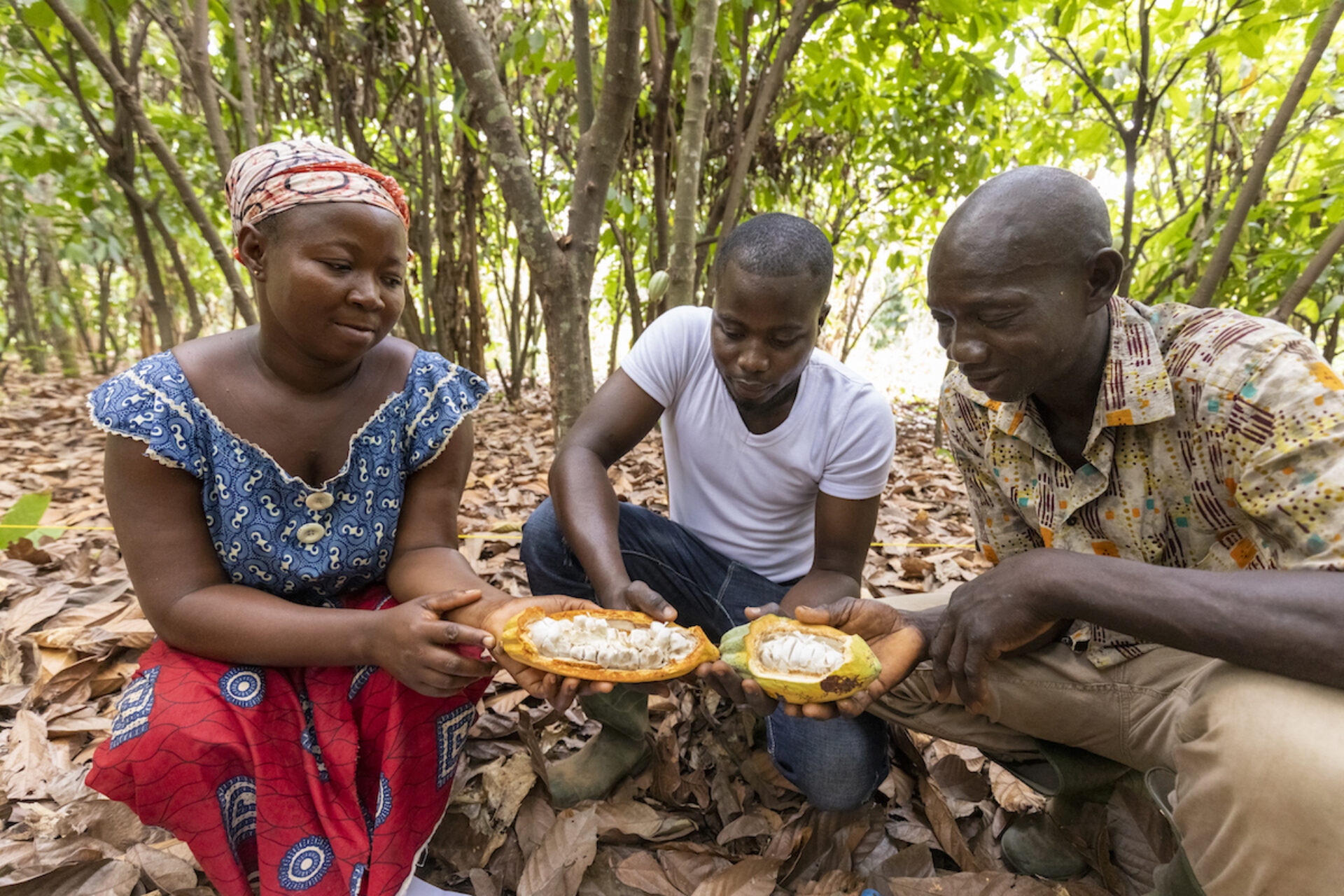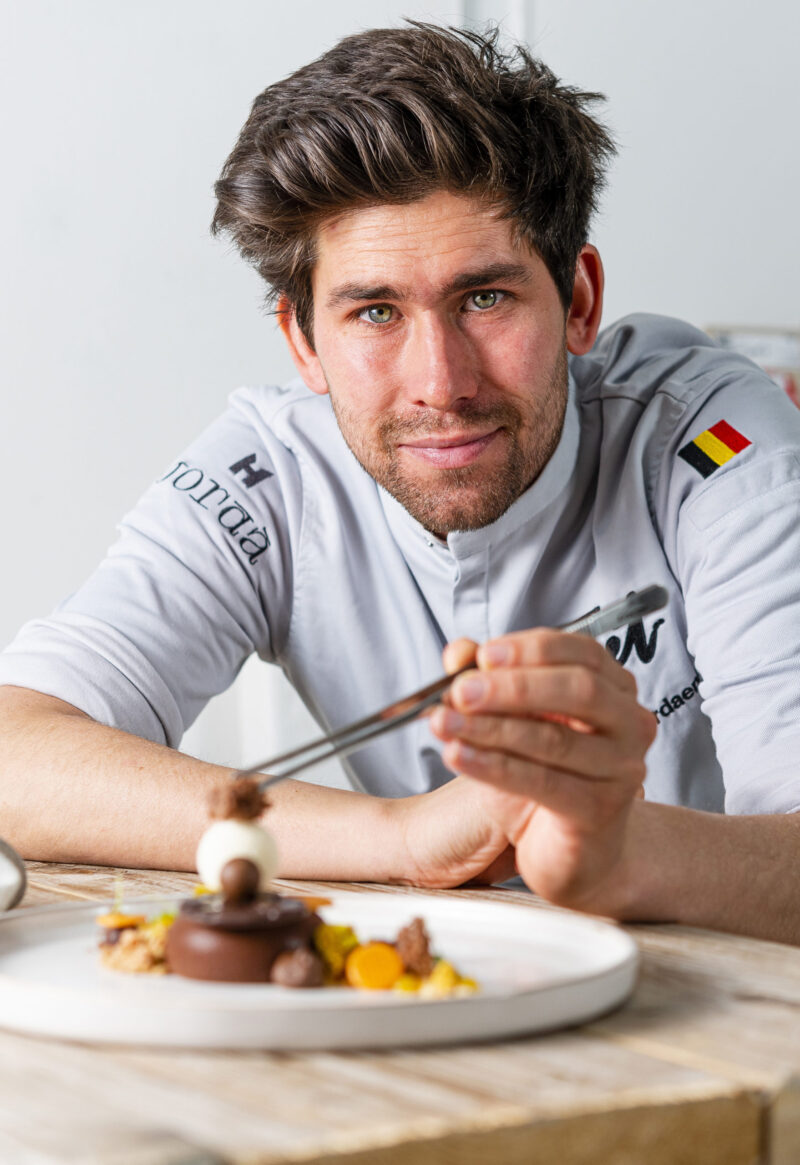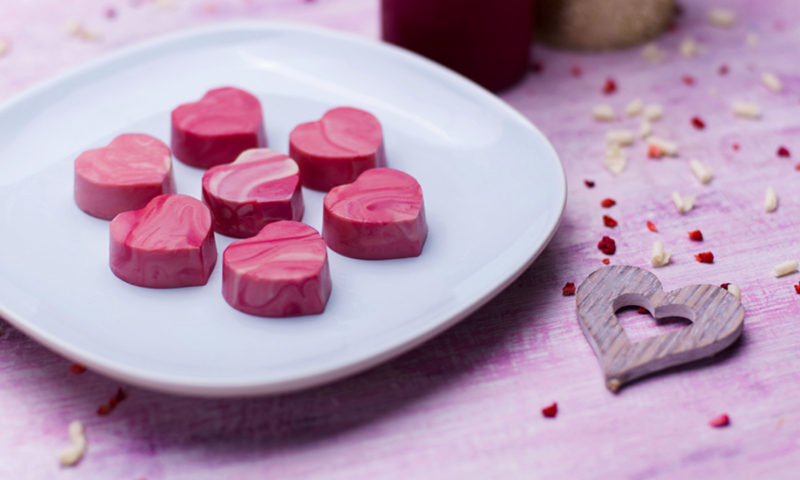Chocolate production: A closer look at how chocolate is made

verhaal door Veliche™
As a passionate chef, you will, of course, want to use only the very best ingredients in your creations. VelicheTM Gourmet is a brand with a strong heritage in producing fine quality Belgian chocolate. Our wide range of chocolate and cocoa products is rich in character, complex in flavour, remarkably workable and 100% sustainable. Because we understand how important quality ingredients are to chocolate artisans, we would like to share some key insights into our chocolate production process.
Before it arrives in your kitchen, our cocoa will have made quite a journey. The process, from the preparation of cocoa beans to the final product, consists of three main steps: preparation, roasting and grinding and chocolate production.
I. Preparation
First of all, cocoa beans are prepared. This initial stage consists of cleaning, drying and winnowing. Beans need to be cleaned, because the raw material may contain small fragments of rock, or shards of cocoa pods. Air suction separates the cocoa beans from foreign matter and a magnet recovers any metal particles. The beans are dried, using infra-red treatment in a drying machine, to detach their shell. The third preparatory step – winnowing – separates the cocoa nibs (small pieces of cocoa bean that have a chocolate flavour) from the shell. First, the cocoa beans are broken, after which the nibs are separated from the shells by sieving in a counter current airflow. We use special winnowing machines for this.
II. Roasting and grinding
The next step is roasting and grinding the cocoa beans. The characteristic aromas are developed during the roasting process. Nibs are roasted and then ground and refined in two steps to produce cocoa mass, an essential ingredient of chocolate. The cocoa mass is then pressed into cocoa butter and powder.
Application of pressure to the cocoa mass separates cocoa butter (the liquid part) from cocoa cake (solid part). The cocoa butter is filtered and deodorized, and is an important ingredient in making chocolate, while cocoa powder, used in a variety of applications, is made by grinding the cocoa cake.
III. Chocolate production
The final step is production of the actual chocolate. The raw materials – cocoa mass, cocoa butter and sugar – are mixed to homogenize ingredients, temperatures and colours, and then refined to obtain chocolate with a very smooth texture. Kneading and conching come next. During kneading, the chocolate mass is moved around with rotating kneading arms to create a homogeneous, paste, ready for further processing. Conching is a process in which the refined mixture is pressured and heated in two phases. This is necessary to develop the rich flavours and obtain the right level of fluidity. Next, tempering solidifies chocolate into a stable form, which gives it an attractive gloss and reduces the risk of discoloration and fat bloom. After tempering, chocolate can be deposited and it becomes stable after a cooling period.
We hope you enjoyed this little peek into our kitchen. Are you curious about the workability of our chocolates? Try them for yourself now! Take a look at our full range here.


